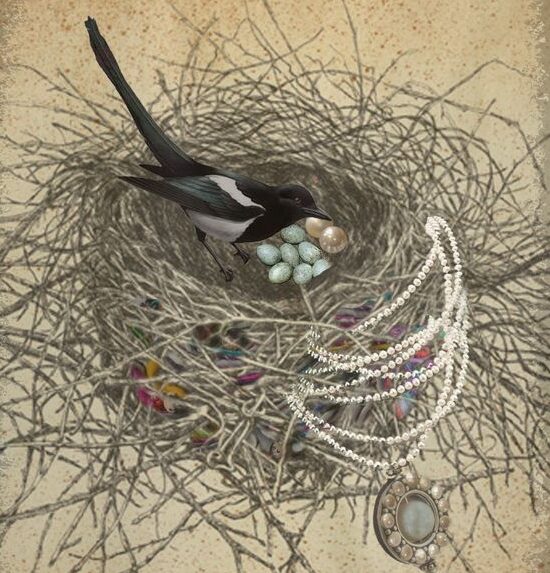Indigo Characteristics
There was a long time in my life where I interpreted things differently than other people. I saw things on a more emotional and symbolic level. I thought it was normal, or didn’t know to think it wasn’t, but this made me very disconnected from my peers and my family. There was a huge communication disconnect that traveled with me through my life and my relationships. I had to learn a way of communicating that was somehow completely foreign and I had to teach myself because I was alone in this situation. No one seemed to understand and, in fact, they were scared to take on the challenge of me.
This was what led to my metaphysical journey. I realized that my life service was to support the spiritual community by communicating to survivors who feel the way I did growing up, or the loved ones who recognize they’ve got a live one and need some help. All that time, what I had needed was someone who believed in me.
Other Indigo Characteristics:
- Indigos possess a warrior temperament, and stand up for what they believe in—often the “whistle-blower” in a group when something unethical is happening or something is going on that is against collective conscious archetypal understanding.
- Determined and focused on missions and goals.
- Not only can Indigos detect dishonesty, it’s hard to build trust with them once you’ve broken it.
- They have a strong sense of themselves and who they are.
- They need creative freedom and room to evolve projects and ideas. If they don’t have that freedom, they tend to get frustrated easily.
- Authority figures are seen as equals until their trust and respect is earned.
- Indigos don’t feel pressured to conform to the group and have a strong sense of self-esteem.
- They are direct with communicating their needs and let you know when their needs have not been met.
- Antisocial behavior can be a label they receive when they’re not surrounded by children with the same needs and characteristics.
- Indigo children are intuitive and sensitive (HSPs, Empaths).
- They are natural communicators who use technology to get their points across as well as writing, music, and speech.
- Intelligent and analytical, they often display amazing memory capabilities.
- Sometimes they show low levels of patience. Indigos require needs to be met and situations to be fixed according to their immediate gratification. Otherwise, it seems like time-wasting.
Environmental Influences
Children are naturally empathic. As we grow older, many of us build walls and shells and filters to keep us from sensitivity. Most likely we’ve been taught that being sensitive is a curse rather than a trait that is much needed in our world. As such, a child with highly sensitive characteristics that naturally has self esteem can be deflated when that sensitivity is not supported.
Teaching children self-empowerment is so important. Bringing a sense of grounding and the understanding of belonging into their lives teaches that not only do we have a place in the Universe, but that we are connected to it. It is a part of us, and we are not separate. This is a mandatory principle in the foundation of a child’s healthy outlook on the world and the successes in an empathic and sensitive child’s evolution of life. The importance of understanding the scope of a child’s internalizing and out-of-body defense mechanisms can be life changing.
This was the second of a two-part series.
Read Part I: Indigo Survivors Take on Spiritual Parenting I.




